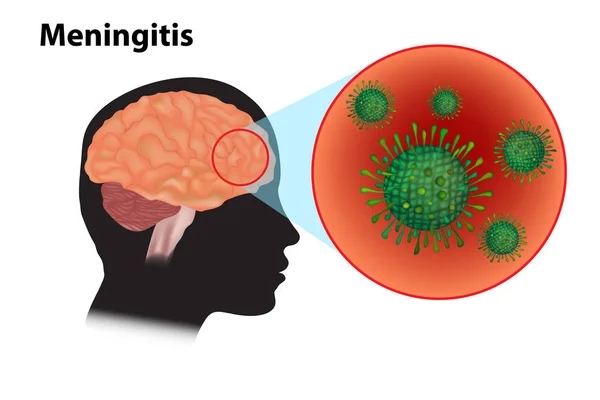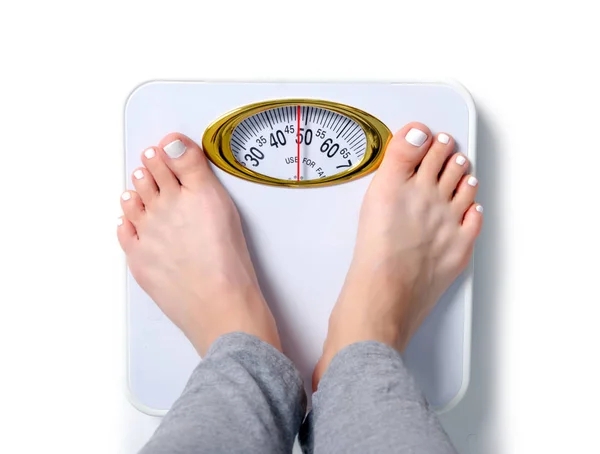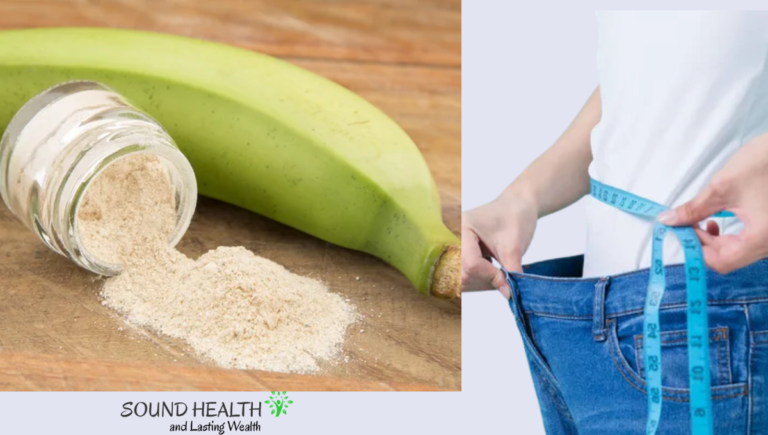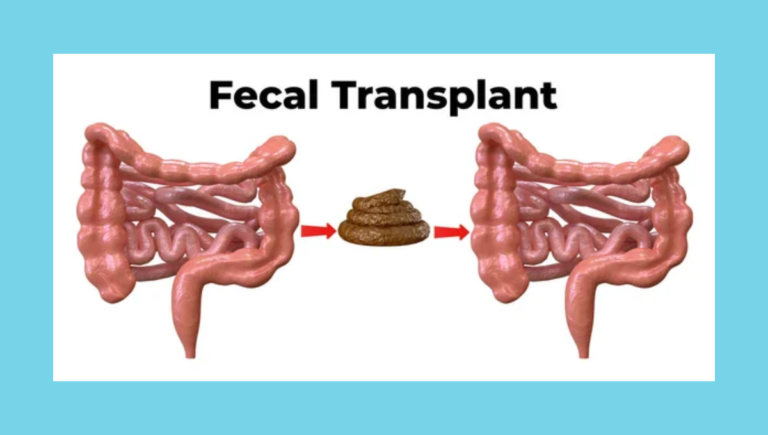Are you concerned about vitamin B12 deficiencies? It’s important to know what foods are rich in B12, but also knowing what to avoid is equally as important. Here are the Vitamin B12 Deficiency foods to avoid when building up your B12 again!
Vitamin B12 (also known as cobalamin) is an essential nutrient that plays a crucial role in many bodily functions. Water-soluble, it is not stored by the body for a long time. You need to get it through food or supplements.
Vitamin B12 is recommended for adults in a daily dose of 2.4 micrograms. The body can tolerate higher doses, but only absorbs what it needs. The RDI of vitamin B12 for people older than 14 is 2.4 mcg. The vitamin B12 requirements of pregnant women are slightly higher than those of the general population. The National Institutes of Health reports that most Americans consume enough vitamin B12 through food. For men aged 20 or older, the average daily intake is 5.94 mcg, and for women 3.78 mcg.
Vitamin B12 can only be found in animal products. People who don’t eat meat or fish, poultry, dairy, or eggs are at risk for vitamin B12 deficiency. Vegans and vegetarians should consume B12-fortified food or take a B12 vitamin supplement. According to the National Institutes of Health, people with vitamin deficiency are advised to avoid certain foods and beverages that can interfere with vitamin intake.
Highly processed foods
They are devoid of essential nutrients such as B12 and fibre, and the refined sugars in them can have a negative impact on blood sugar levels and possibly affect B12 absorption. White bread, sugary breakfast cereals, instant noodle snacks, and sugary cereals are all examples. Choose whole grains, fruits and vegetables, as well as lean proteins, instead.
Excessive Alcohol Consumption
Alcohol consumption can be a major risk factor in vitamin B12 deficiency. It can affect B12 storage and absorption in the body. This can lead to a variety of health problems. Here’s how:
- Alcohol can irritate the stomach lining and inhibit the production of intrinsic factors, which are essential proteins for the absorption of B12. Even a healthy diet can result in a reduced B12 intake.
- Alcohol consumption increases the liver’s ability to store B12 and release it when needed.
- Alcohol is a beverage that’s high in calories but low in nutrients. It can replace nutritious foods that are rich in B12, contributing to a deficiency.
- Alcohol can cause B12 to be excreted through the urine faster, resulting in a quicker depletion of B12 stores.
- Folate, like B12, is an essential vitamin. Alcohol can interfere with folate metabolism and absorption, which further impacts neurological and hematopoietic function.
Eat Too Many Refined Carbohydrates
White rice, pasta and pastries contain minimal B12, but can cause blood sugar spikes that may affect B12 absorption. Limit your intake of refined carbs and consume more whole grains such as brown rice, whole-wheat flour, and quinoa for better nutrition and sustained energy.
Excessive Artificial Sweeteners
Artificial sweeteners found in processed foods and diet drinks can indirectly increase the risk of B12 deficiency, even though they do not directly affect B12 levels. When possible, choose water, unsweetened or naturally sweetened drinks.
Do Not Neglect
Diet : Avoiding certain foods while avoiding a diet that is balanced and rich in nutrients will hinder B12 recovery. A nutritionist can provide personalized advice to help you create a balanced meal plan that meets your needs and preferences.
B12 supplementation: In the event of a confirmed B12 deficiency it may not be enough to rely solely on food sources. Your doctor may prescribe B12 injections, or oral supplements with high doses of B12 depending on the severity. For optimal recovery, follow their advice.
The Functions of B12
- Production of Red Blood Cells: is essential for the production of healthy red blood cell, which transport oxygen throughout your entire body. A deficiency can cause anemia and fatigue, as well as weakness and shortness in breath.
- Support for Nervous System: protects nerves from damage and maintains healthy nerve function. A deficiency can cause numbness, tingling and memory issues, as well as mental health problems like depression.
- DNA Synthesis B12 is important in the synthesis of DNA and its repair. It also plays an important role in cell growth and development.
- Energy production: The B12 vitamin is responsible for converting food to energy and contributing to well-being.
Sources of B12
Animal Products B12 can be found naturally in animal products, such as meat, poultry and fish, eggs and dairy. It is particularly abundant in liver and other organ meats.
Fortified foods: Certain foods, such as breakfast cereals, vegan alternatives to milk, and nutritional yeast are fortified with vitamin B12. This makes them a great option for vegetarians and vegans.
Supplements B12 is readily available as an oral or injection supplement. It’s often recommended to people with specific dietary restrictions and absorption problems.









+ There are no comments
Add yours